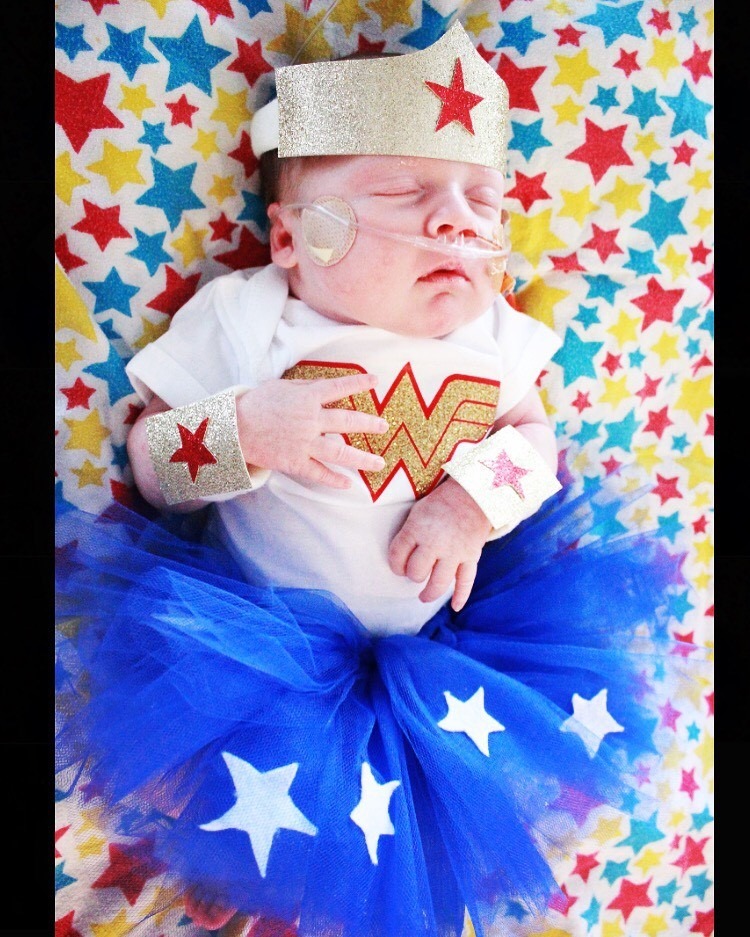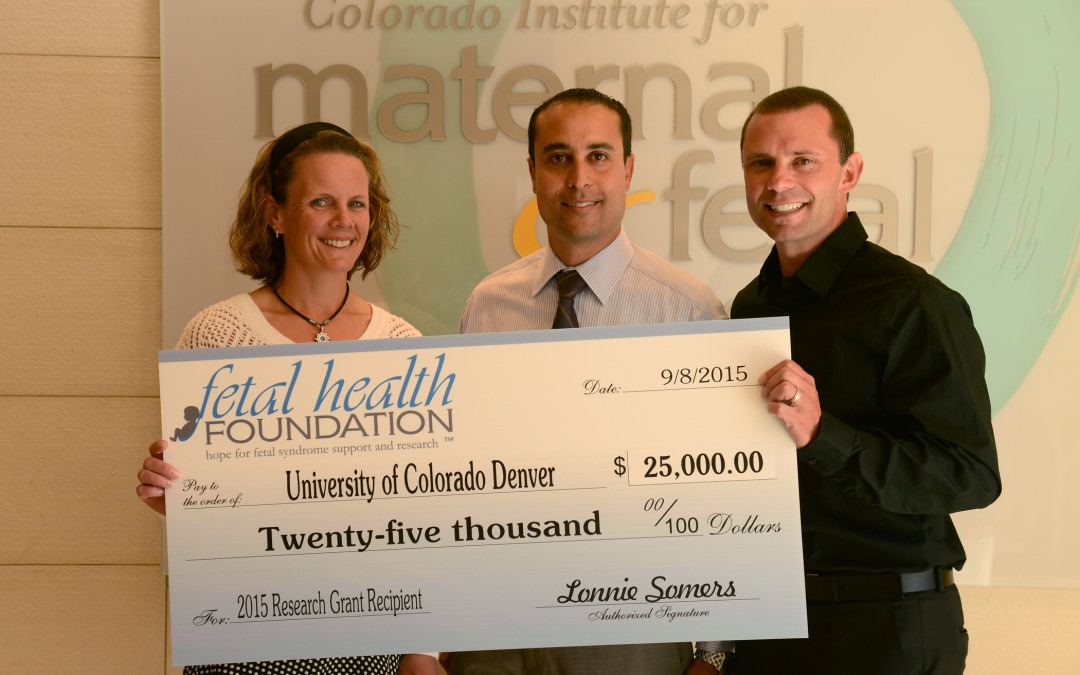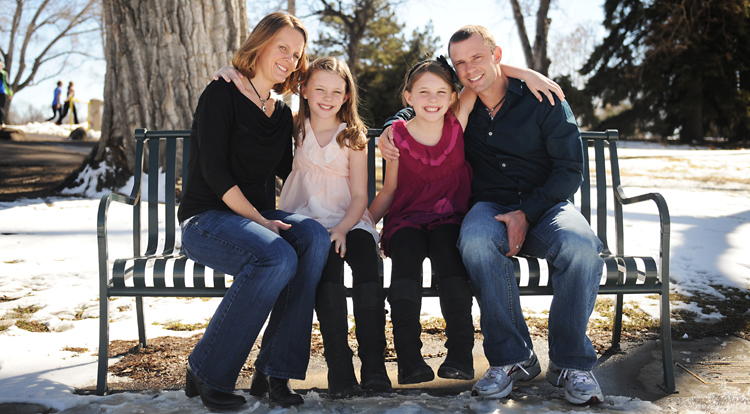When my wife and I received the news that our baby girls had Twin to Twin Transfusion Syndrome, we were devastated. That was 15 years ago and there weren’t a lot of options or resources available for those diagnosed with a fetal syndrome. Fortunately for us, we learned that Dr. Quintero (now at ) was an expert in this area. He performed in-utero surgery and today, we have happy, healthy twin teenagers. That was the beginning of the Fetal Health Foundation. We made it our mission to provide information and resources to families diagnosed with a fetal syndrome so that they would know what options existed. As the field of fetal medicine grew, we learned of more and more exciting fetal interventions. In 2014, we began funding research grants to further fetal advancements. Since then, we have awarded more than $150,000 in research grants. The field of fetal medicine has undergone exciting developments that I wanted to share to provide families with hope.
Fetal Medicine Background
Fetal surgery is a relatively new specialty. The first successful fetal surgery was performed in 1981 at the University of California San Francisco. Since then, fetal interventions have advanced rapidly. Today there are surgical interventions that may provide hope for babies diagnosed with Twin to Twin Transfusion Syndrome, spina bifida, congenital diaphragmatic hernia, heart anomalies and numerous other conditions thanks to medical advances.
Recent Success Stories
The CBS Evening News with Jeff Glor recently aired a story about a first-of-its kind fetal surgery performed at Texas Children’s Hospital in July 2018. Diagnosed in-utero with hypoplastic left heart surgery and an intact atrial septum, baby Ivy had a laser-assisted fetal atrial septal stent placement to help her lungs and heart function in close to a normal way as she continued to develop in the womb. Her parents welcomed her into the world on September 21, 2018.
Earlier this year, The Washington Post shared the story of baby Kora, one of only four babies in the world to have a successful fetal surgery for a fetal pericardial teratoma, a rare tumor that grows on the heart. In July 2017, the medical team at Midwest Fetal Care Center, a collaboration of Children’s Minnesota and Allina Health performed in-utero surgery to remove 90 percent of the tumor growing on Kora’s heart (which was four times larger than the actual heart!). Baby Kora was born on September 29, 2017. She recently celebrated her first birthday and will be joining us as an ambassador at The Great Candy Run Minneapolis on October 14th.

Promising Research
New medical procedures – whether surgical, pharmaceutical or therapy – can take years to finalize and receive approval. Funding allows researchers to perfect their innovations and speeds up the process. Two of the research grants awarded by the Fetal Heath Foundation have already shown promising results. A grant awarded to a team at the Colorado Fetal Care Center and University of Colorado Medical Center allowed them to develop a minimally-invasive repair for open neural tube defects such as spina bifida using a bioengineered material. Initial studies show that covering the defect with the reverse thermal gel at an early gestational age may help to preserve neurological function.
A team at Johns Hopkins School of Medicine utilized their FHF grant award to develop a new repair technique for a two-port open fetoscopic myelomeningocele (a severe form of spina bifida). The researchers used ultrasound-based 3D multi-material printing to generate an individualized, patient–matched medical model to prepare the surgical team prior to performing a complication-free, watertight closure repair. Their work illustrated the value of using this patient-specific procedure to prepare for complex multi-specialty fetal surgery.

Hope for the Future
Fetal medicine amazes us. Using tiny surgical tools that are often the size of a needle, medical teams are able to go thru the uterus and perform complicated procedures that allow them to reroute blood vessels, insert stents and repair tears. The advancements that have been made – and the babies that have been saved – in the past 37 years provide us with tremendous hope for the future. There is still a lot of work to be done to develop new treatments for the literally hundreds of fetal syndromes. The Fetal Health Foundation relies on donations from individuals to fund our grant awards. If you’d like to help provide hope for the future, please check out our donation page.

